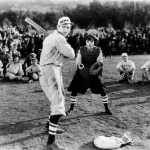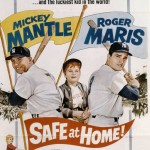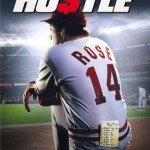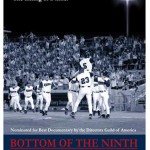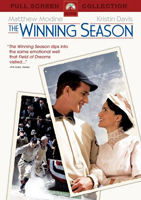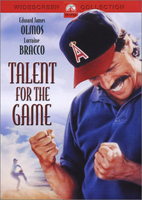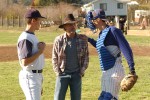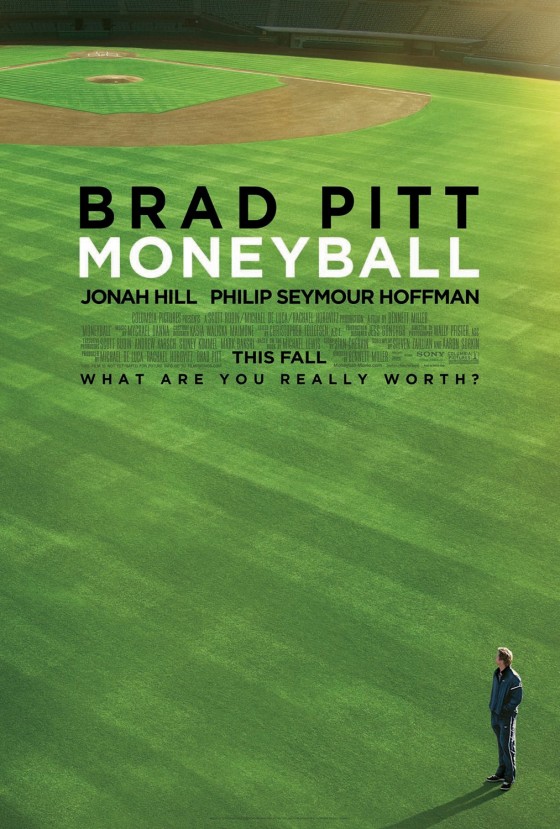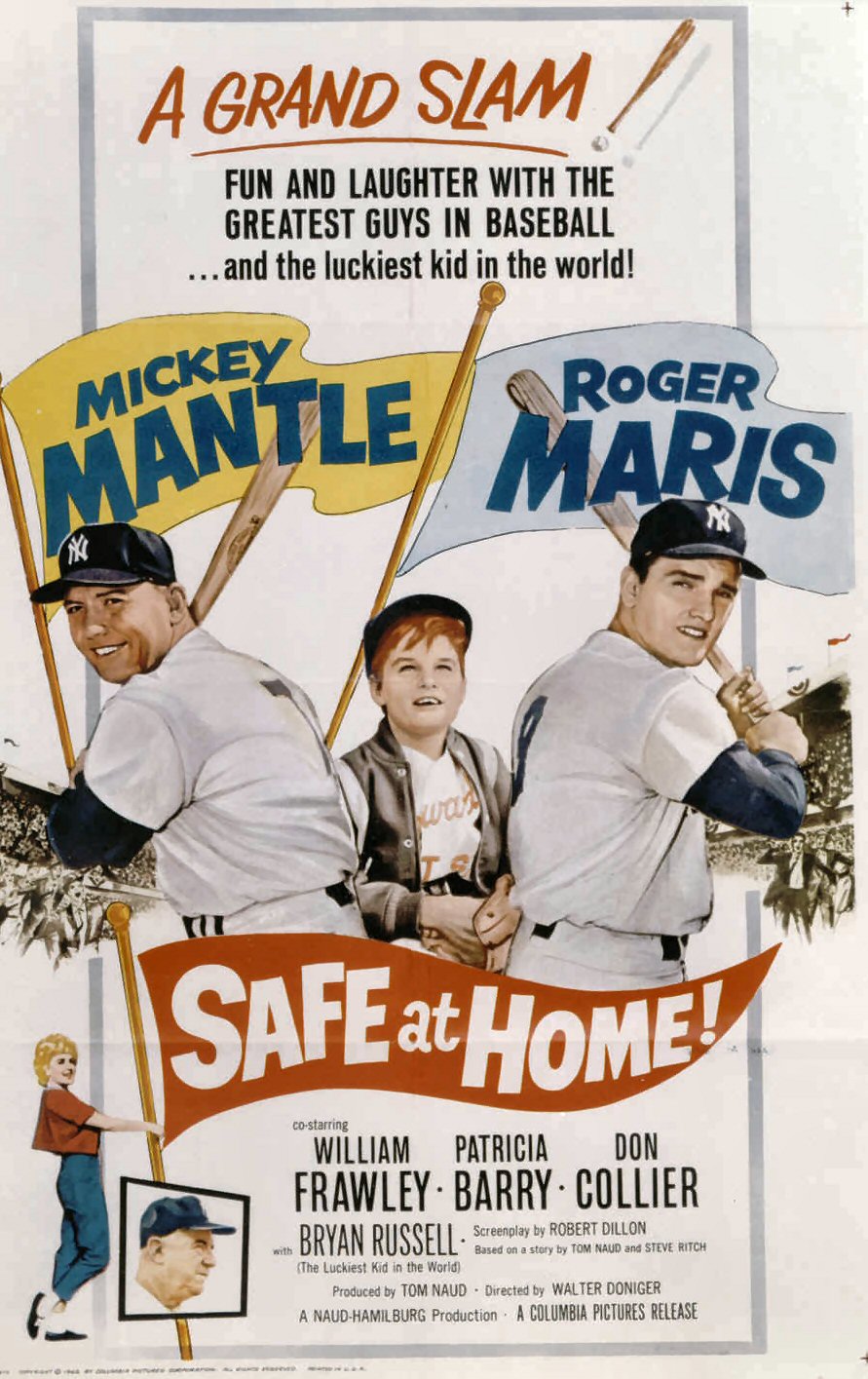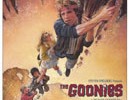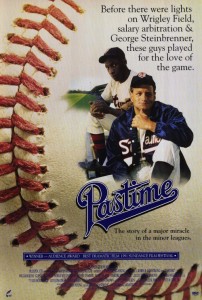 The greatest opponent to any athlete isn’t the person who stares back at you from the other side of the field. It isn’t the guy in the zebra-print shirt holding a whistle. It’s birthday cakes. The person who lives across the street could hold their job for 35 or 40 years. Athletes are often on borrowed time the moment 35 candles are lit atop a vanilla cake that’s covered in too-sweet icing flowers. Every sport has their examples of people who hold on too long, trying to pretend that time hasn’t caught up with them. Robin B. Armstrong’s Pastime plays an honorable game, tackling the touchy subject of ageism on the baseball field. But it’s ultimately a hollow attempt, one that thinks that just by touching on a subject that it makes up a plot.
The greatest opponent to any athlete isn’t the person who stares back at you from the other side of the field. It isn’t the guy in the zebra-print shirt holding a whistle. It’s birthday cakes. The person who lives across the street could hold their job for 35 or 40 years. Athletes are often on borrowed time the moment 35 candles are lit atop a vanilla cake that’s covered in too-sweet icing flowers. Every sport has their examples of people who hold on too long, trying to pretend that time hasn’t caught up with them. Robin B. Armstrong’s Pastime plays an honorable game, tackling the touchy subject of ageism on the baseball field. But it’s ultimately a hollow attempt, one that thinks that just by touching on a subject that it makes up a plot.
Roy Dean Bream (William Russ) has been minding time playing baseball in the Minors for more than half his life. In his own words, he had a “cup of coffee” in the Bigs before heading back to a life of being almost but not quite there. Now 41, he’s beyond borrowed time, playing in front of crowds that can be measured in the low hundreds, working for an owner who is so broke that he not only runs the front office but presses play for the anthem every game and stepping in to sell hot dogs when his employees don’t show up.
Bream still has a place on the roster more because of his knowledge of the game and knack for informal coaching of his much younger teammates. But I guess that’s what happens when you spend so much time sitting and watch the game from the best seat in the house. When Tyrone Debray (Glenn Plummer) joins the squad, Bream has a new protege. But being a young Black man playing baseball in 1957, the game isn’t the most welcoming place. Bream becomes the rookie’s only real friend.
Despite the fact that it tackles several possible plots, Pastime fails to deeply grasp one. You’ve got the aging pitcher who’s become more like the guest who won’t leave rather than a benefit to his team on the field. You’ve also got the young Black player joining an all-White team. Both of these, while done many times, provide angles on which a film can be built. And although they’re often referred to, Eyre never fully embraces either with which to hang it on. What’s here is a story that mentions lots off problems that could use some dealing with, and to a certain extent they are, but neither is done in a satisfying way. Instead, it’s a lot off glossing over and going from one scene to the next without the stakes changing much along the way. The result is a storyline that’s boring and trite.
Pastime is perhaps most notable for the roster of baseball legends that make appearances, no matter how brief. They include Ernie Banks, Harmon Killebrew, Bob Feller and Duke Snider. Armstrong shows a strong passion for baseball and respect for its players but he doesn’t do the game any favors with this film. Respect conveys a feeling but that doesn’t form any sort of plot or real story. The result is a film that is deeply disappointing, much like watching a once-great player’s career fade and end abruptly with hardly a whimper.
